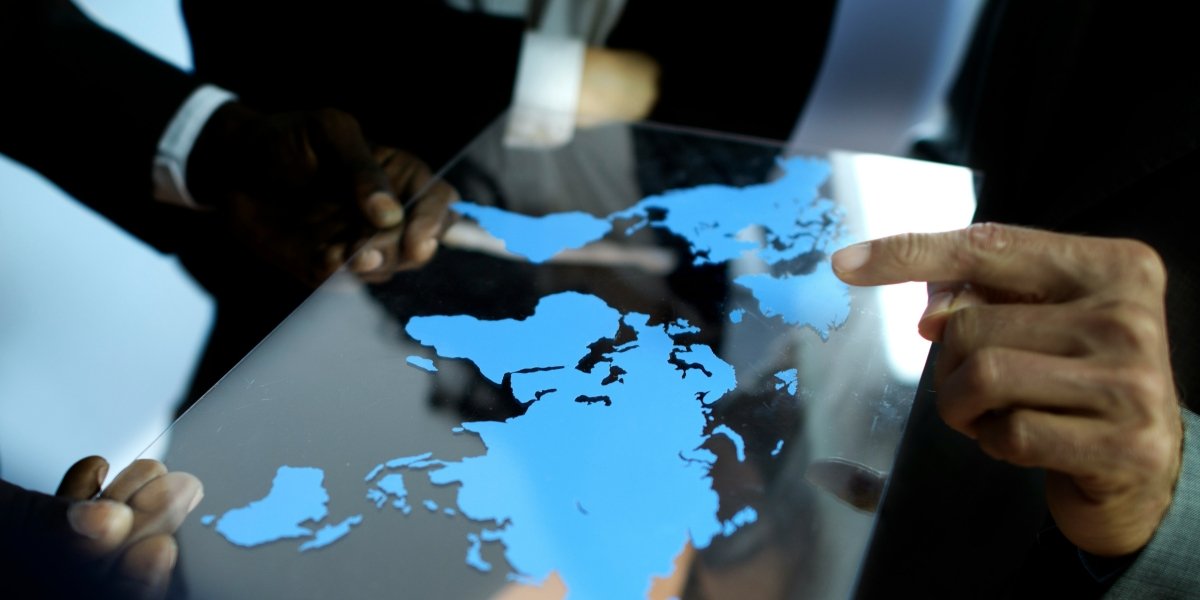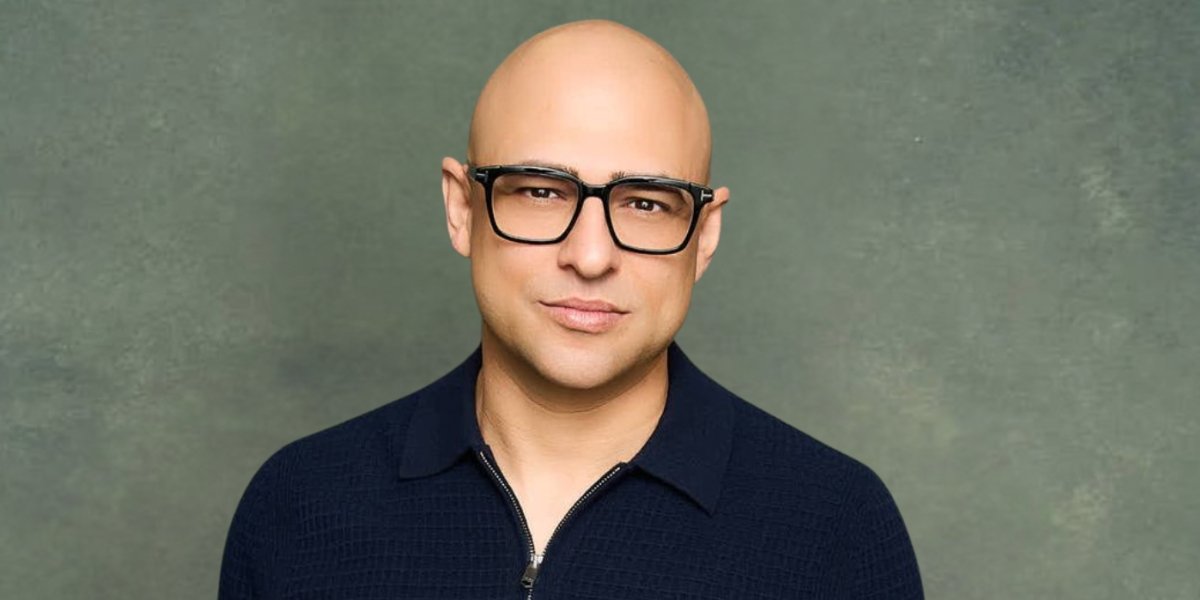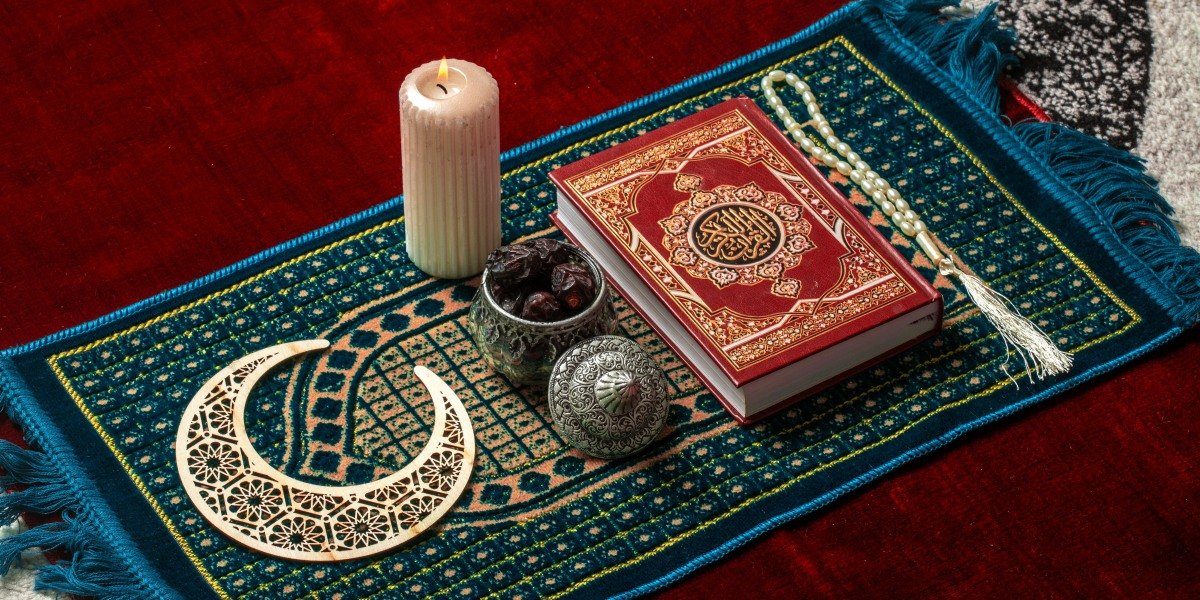Image commercially licensed from: Unsplash
Israel — In early Friday, Israel announced it struck targets of the Palestinian militant group Hamas.
The attack struck Southern Lebanon and Gaza as tensions arose following the Israeli police raid of the al-Aqsa mosque in Jerusalem.
The strike came hours after rockets were fired from Lebanon, targeting Israeli territory – an attack the Israeli military blamed on Palestinian militants.
The strikes
On Friday, Israel Defense Forces international spokesperson Lt. Col. Richard Hecht said the Israeli strikes on southern Lebanon primarily focused on Palestinian targets in the area.
They believed the area was the point of origin for the rockers launched into Israel.
News outlet Al-Manar, which is backed by the Lebanese militant group Hezbollah, reported that three Israeli strikes landed in an open area in the Tyre region.
Meanwhile, the Lebanese national news agency said the area was primarily agricultural, reporting damages to homes, cars, a livestock pen, and other infrastructure.
“The IDF will not allow the Hamas terrorist organization to operate from within Lebanon and holds the state of Lebanon responsible for every directed fire emanating from its territory,” the IDF said.
Lebanon is submitting an official complaint to the UN Security Council, calling the strikes a violation of Lebanon’s sovereignty.
Meanwhile, Hamas condemned the strikes with a statement on Friday, expressing solidarity with the Lebanese people.
In another statement, it condemned Israel’s Gaza Strip strikes.
Gaza
The Israeli strikes hit various areas in Gaza, and the city responded with several rockets toward Israel.
According to the Palestinian Ministry of Health, the strikes damaged a children’s hospital in Gaza City, disturbing the patients.
“This is not the first time that health facilities have been targeted, and it is unacceptable,” the ministry said.
Hecht said the Israeli strike focused on ten Gaza sites, including production, research and development sites, and tunnel infrastructure.
According to earlier statements, the IDF said the strikes hit several Hamas weapons manufacturing sites, an underground weapons complex, and “terror” tunnels in Beit Hanoun and Khan Yunis.
Another statement said an IDF drone hit a heavy machine gun in northern Gaza that was used to shoot down IDF jets and Israeli territory.
“Nobody wants an escalation right now,” said Hecht.
“Everybody’s talking to everyone. There’s a lot of messaging going through political spheres to try to de-escalate it.”
Gaza became a scene of destruction as heavily damaged cars lay half-buried in the ground.
Dirt and debris layered over pink bedsheets of children’s beds.
Before the strike, Israeli Prime Minister Benjamin Netanyahu warned they would hit their enemies and pay the price for their act of aggression.
Anger over mosque raids
The strikes came after outrage exploded across the region after Israeli police raided the al-Aqsa mosque.
The raid on one of Islam’s holiest sites in Jerusalem happened on Wednesday, sparking widespread condemnation from Arab and Muslim communities worldwide.
It also prompted Gaza to retaliate with rockets into Israel.
On Thursday, the IDF said over 34 rockets were launched into Israel from Lebanon, the most significant attack since 2006, which left 1,200 Lebanese people and 165 Israelis dead.
Social media videos showed Lebanese rockets streaking across the skies over northern Israel.
Israel closed its northern airspace after the attack.
Meanwhile, an Israeli military spokesman said they believed either Hamas or the Palestinian Islamic Jihad group was responsible, not Hezbollah.
The Lebanese army confirmed rockets were launched from the south but didn’t elaborate on who.
On Friday, they said they found a rocket launcher and unused missiles in the southern Marjayoun.
Hezbollah dominates Lebanon’s southern border region in military and politics, and they haven’t denied or taken responsibility for the Israel rocket fire.
However, there were hints in a Thursday statement, warning that hundreds of millions of Muslims were ready to shed blood for al-Aqsa.
For months, Hezbollah chief Hassan Nasrallah said violations at the mosque compound in Jerusalem’s old city would lead to chaos.
Footage from the mosque showed Israeli officers thrashing people with their batons and rifle butts before arresting hundreds of Palestinians.
Police said they entered the establishment after hundreds of rioters attempted to barricade inside.
Richard Hecht linked the rocket fire to Israel’s incursions to the al-Aqsa mosque.
“The context of the story starts two days ago on Temple Mount with these very, very harsh pictures coming out of the prayer at night,” said Hecht.
Meanwhile, the foreign minister for Jordan, the custodian of the al-Aqsa mosque, and other Muslim and Christian holy sites in Jerusalem believed it was a difficult time.
“What we see unfolding on the Lebanese border is obviously a consequence, a reaction to what we saw happening in al-Aqsa,” said Ayman Safadi.









